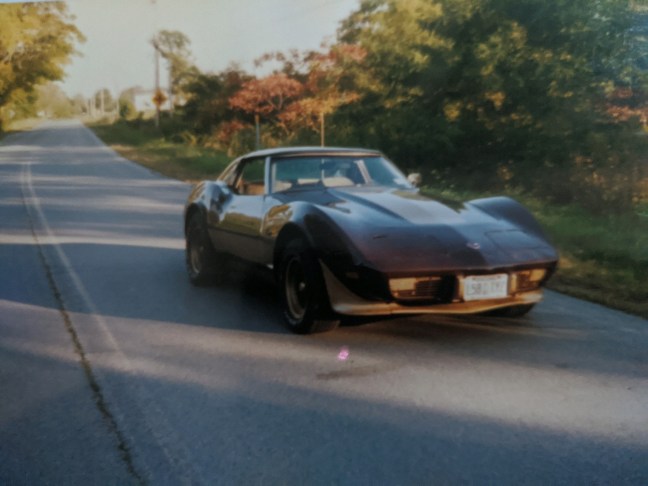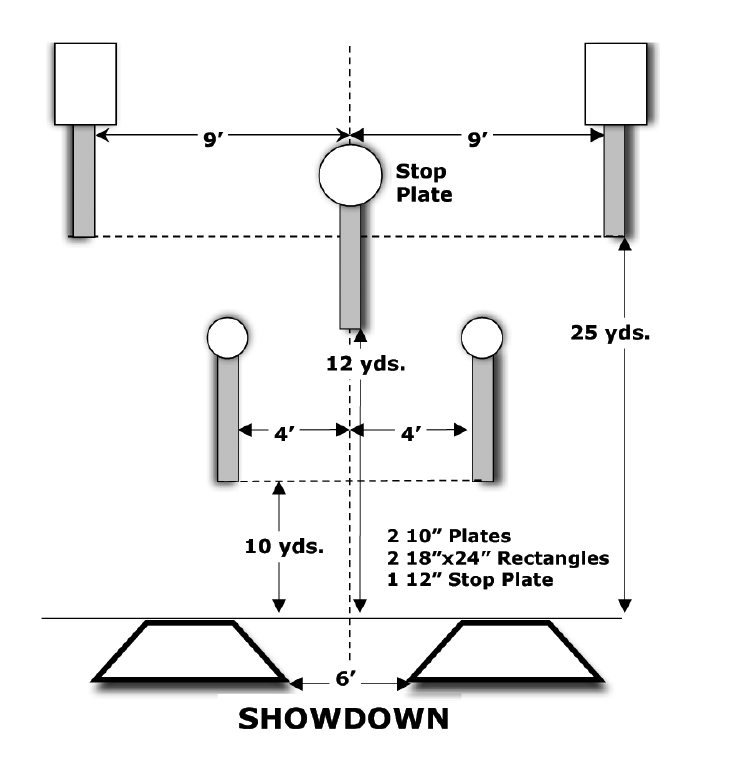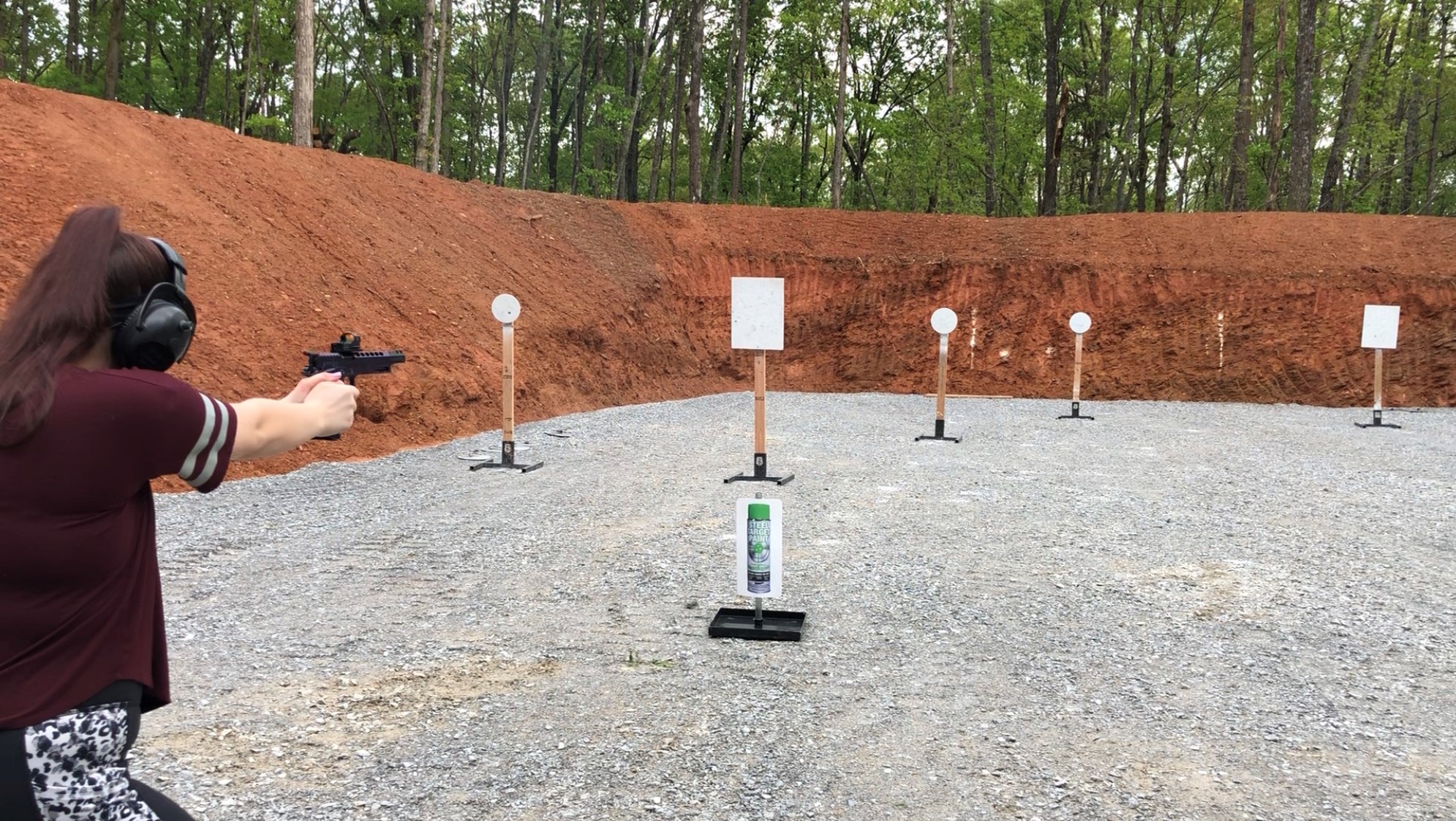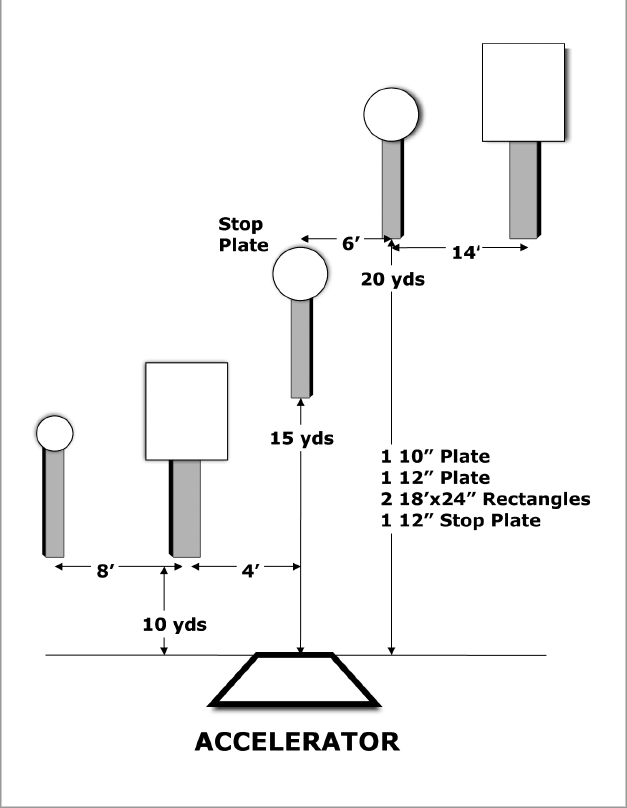The intent of this article is to provide some insight of where hard work, training and dedication can take you in Steel Challenge. I have been fortunate to work with many competitors across the country to help them identify their Shooting Tendencies and put actionable plans in place to help them grow in the sport to reach their goals. Steve Cooper is a competitor from Florida who was at a plateau in his shooting and wanted to make an investment to take his game to a whole new level. Steve is the eptimoe of the type of shooter I like to work with; he takes the sport serious, willing to make the investment in his development, and not afraid to be a good student. As a baseline to his progress for the past 6 months, below is his classifications and percentages in Steel Challenge as of January 30, 2020;

As you can see from the above, Steve is a solid shooter with two Master Classification times in PCCO and RFRO. While on the range Steve asked me an interesting question. He said, “so, do you think I can be a Grand Master by the end of the year?” I think it is important to manage expectations, so my reply was, “if you practically apply what we are doing this weekend and put in the time and dedication, it was possible.” Below is a table of Steve’s classifications taken on July 7, 2020;

I admit when I pulled his classification times I was surprised he made Grand Master in four different divisions, I was expecting two. Based on our time together and his progress, I wanted to share a little bit of insight of his journey and hopefully inspire others who are headed down the same path. Here is our interview together, I hope you enjoy and find some inspiration and motivation through his words!
How long have you been shooting for?
I am a slightly older guy (60+- years old) that had never shot competitively until about 18 months ago when some friends introduced me to Steel Challenge. I immediately fell in love with the sport and started shooting once a week on average, either at local matches or practicing. After about a year of this routine I was able to pick up enough tips and pointers from fellow shooters to achieve master classifications in both RFRO and PCCO. I was thrilled with this progress but really wanted to step up my game some more.
What are the three keys to your shooting improvement in the past six months?
Six months ago I decided to find a coach. I was lucky enough to get a weekend of training with Steve Foster at his home range in Ga. Steve is not only one of the best Steel Challenge shooters in the world but also a very talented teacher. He has a great eye for catching the things that need to be improved upon. For me at that level, the things I needed to improve were very basic. They included stuff like keeping my eye on the sights, stance, grip,
movement and footwork on Outer Limits, and going “one for one.” The concept of going “one for one” and the “Targeted Edge” is something Steve talks about a lot. I made a list of about 5 or 6 of these basics and had it with me each time I shot. For the next several months, I would refer to the list at every practice session or match to make sure I was incorporating the changes into my shooting. I worked until all the things on my list became a part of my subconscious so eventually I no longer had to look at it.
What have you struggled with the most while training these past 6 months?
The thing I struggled with the most is probably the most basic thing of all: keeping my eyes on the sight and going one for one. If I am shooting well, I have a tendency to believe that I am a better shooter than I actually am. I will get over confident and start shooting beyond my capability. When this happens I cut my eyes forward to the next target before I have a good sight picture on the target I am shooting, Basically, I start to push too hard and my level of accuracy goes down the drain. Steve calls this “shooting over the Edge”.
Did you ever find yourself at a plateau? If so, how did you get past it?
Yes! It seems like every level of improvement is followed by a plateau. This may be because of the struggle stated above or it may be something else altogether. I see a lot of people go through the same thing. For me the key to getting past this is to not get frustrated. Keep shooting and practicing the basics. Shooting a stage over and over will eventually get your body to react faster and your times should start improving again. There is no substitute for putting time in at the range.
What advice would you give to new shooters of the sport who would like to become a Grand Master?
My best advice to someone wanting to shoot at that level would be to find a mentor or coach already at Grand Master level. I realize this may be difficult for many people; but I
believe it is critical. Practicing doing something wrong is no way to get better. Don’t get me wrong, there are a lot of good shooters out there that are happy to give advice and that’s great!
But it wasn’t until I had a Grand Master level coach watch and correct the things I was doing wrong that I was able to turn the corner. Would I have ever been able to make Grand Master
without this coaching? Maybe, I am not sure.. One thing is for sure: it would have taken a very, very long time. It took me almost 6 months to unlearn most of the things I was doing incorrectly!
What are your goals for the next 12 months?
My goals for the next 12 months are to continue to get my times down and percentages up, to hopefully become a more competitive GM, and make it to a few major matches.
I would also like to make GM in RFPO.
I hope you took something away from Steve’s words and it will make you think about your own training and path you are on!
See you out on the range soon!
Steve







